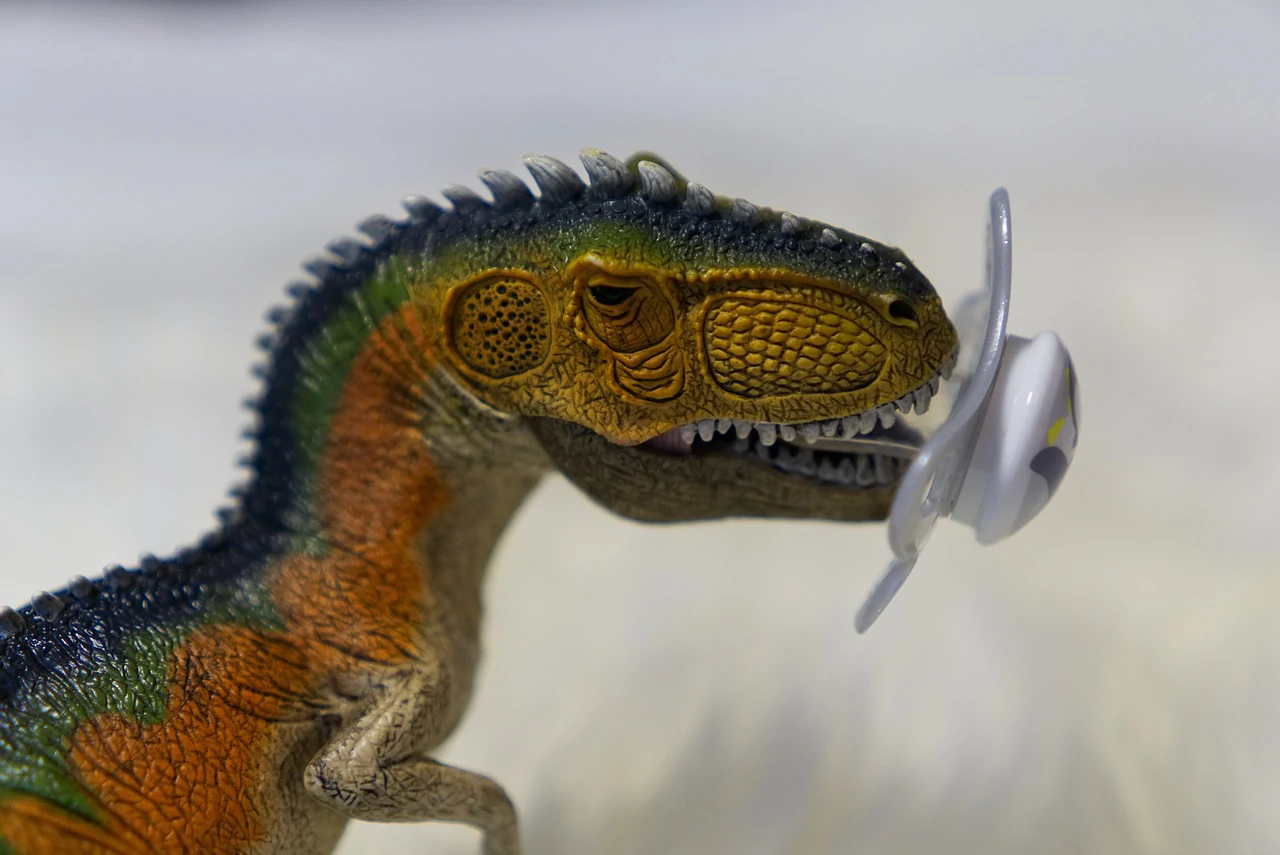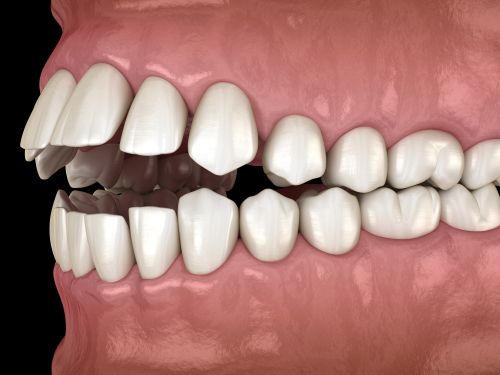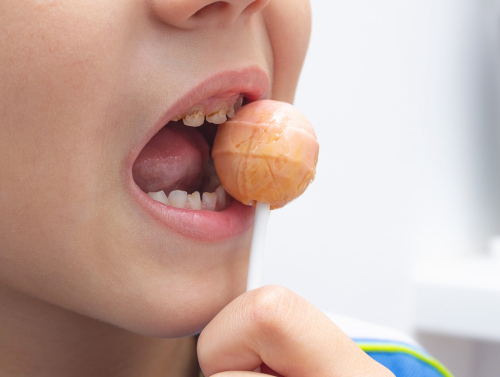What Do We Know About Pacifiers and Teeth Development?

Are you wondering if a pacifier will aversely affect the teeth development of your child?
A pacifier doesn’t have to be bad for your baby’s teeth! Most baby’s using a pacifier won’t be affected by it.
We will show you how to safely use a pacifier so that you don’t have to worry about orthodontic visits later in life.
This article is more relevant for kids between 6 months and 3 years., if you have a younger baby there are other things to consider before giving the newborn a pacifier
Table of Contents
- Dangers of Pacifiers to the Teeth
- When is it Safe to use a Pacifier?
- When to Stop Using a Pacifier?
- How to Stop the Use of Pacifiers
- Conclusion
Dangers of Pacifiers to the Teeth permalink
“Pacifiers have a few rules of thumb, pun intended. The three things to consider are frequency (How often do they suck?); duration (How long do they suck?); and intensity (Can you hear it across the room?).” –Dr. Arthur J. Nowak, Pediatric Dentist, Iowa City, Iowa (1)
Repeatedly sucking on a pacifier (or any other object) over long periods of time have a tendency to produce problems on the mouth. The upper front teeth will either start tipping outward or not come in properly. This is technically called an anterior open bite. It looks like this:

The constant sucking and chewing on the pacifier can also affect other teeth or cause jaw misalignment, resulting in crooked teeth or bite problems.
Another concern for older children with pacifiers is food leftover in the mouth. In particular, anything sweet that they have eaten will produce an acidic environment on the mouth. A child that eats sweets or food high in sugar and then puts on a pacifier will prevent the saliva and the tongue from freely moving around to “wash away” and dislodge any food particles leftover, worsening the situation.

When is it Safe to use a Pacifier? permalink
A pacifier is safe to use before children start getting their permanent teeth.
The structure of the face, the jaws and bones start to grow right after 4 years of age to make space for the permanent teeth. The teeth in a child’s mouth start growing apart as the jaw expands. They start having less support between each other as gaps start forming.
This support is what keep the teeth in their correct place. That means that we want to have the pacifier out of the way by age 4 when these changes start happening. At this point the child only has their primary teeth (their first teeth) but even thought the permanent teeth are not out yet, they will be affected if the primary teeth get out of place.
When to Stop Using a Pacifier? permalink
We already saw that it is best if a child is not using a pacifier after age 4. Let us also get some guidance from groups of dentists. If the child not stop pacifier use on his or her own:
- American Academy of Pediatric Dentists (AAPD) recommends the habit should be discouraged by age 3.
- American Dental Association (ADA) recommends the use should be discourage by age 4. The sooner the child stops using the pacifier, the better. If your child is 4 and is still using the pacifier, it is better for you to start taking some steps to help them stop. You do not need to panic but you do need to find a gentle way to help.
Pay attention to how often your child uses the pacifier. The more intensely the chewing or the more it is used, the greater the negative effect. If your child is an avid chewer and spends the day with the pacifier in his or her mouth, then it is better for you to stop discouraging him earlier than age 3.
How to Stop the Use of Pacifiers permalink
There are several ways you can help your child to stop the sucking habit. As mentioned, in most cases there is not an intensive habit and the child will stop on his or her own. If you need to help them then here are some ideas and thoughts to keep in mind:
- For older children, you can have their pediatric dentist discuss with them what happens to the teeth if they continue to use the pacifier, and encourage them to stop.
- Avoid scolding, instead praise your child when they are not using the pacifier.
- If they look for the pacifier when they are nervous, try to understand if there is an underlying problem that needs to be addressed.
- Have a timeline and start limiting the use of the pacifier to only certain situations.
We don’t recommend removing it “cold-turkey”. That is because It is very easy to go off plan, for example if one day you are more tired and can’t handle the crying and you give in. This will cause you to go back on your word and it will incentivize your child to keep requesting the pacifier, since he knows you can give in. Even if you can keep what you say, sometimes there are other adults around and your child may be able to convince them instead.
Another thing to try is to cut the pacifier’s nipple short, so that it becomes less satisfying to suck on. You can do this yourself, but there’s actually a product that consists of shorter and shorter pacifiers to give everyday:
FridaBaby Paci Weaning System
If none of the approaches is working and you need some help, you can reach out to your child’s pediatric dentist as they may be able to prescribe some ointment or appliance that reduces the child’s interest in the pacifier.
Conclusion A pacifier does not need to be something to fear and can be safely used up to a certain age without any lasting effects on your baby’s teeth.
If you are looking for a pacifier for your newborn, checkout the Best Newborn Baby Pacifiers
